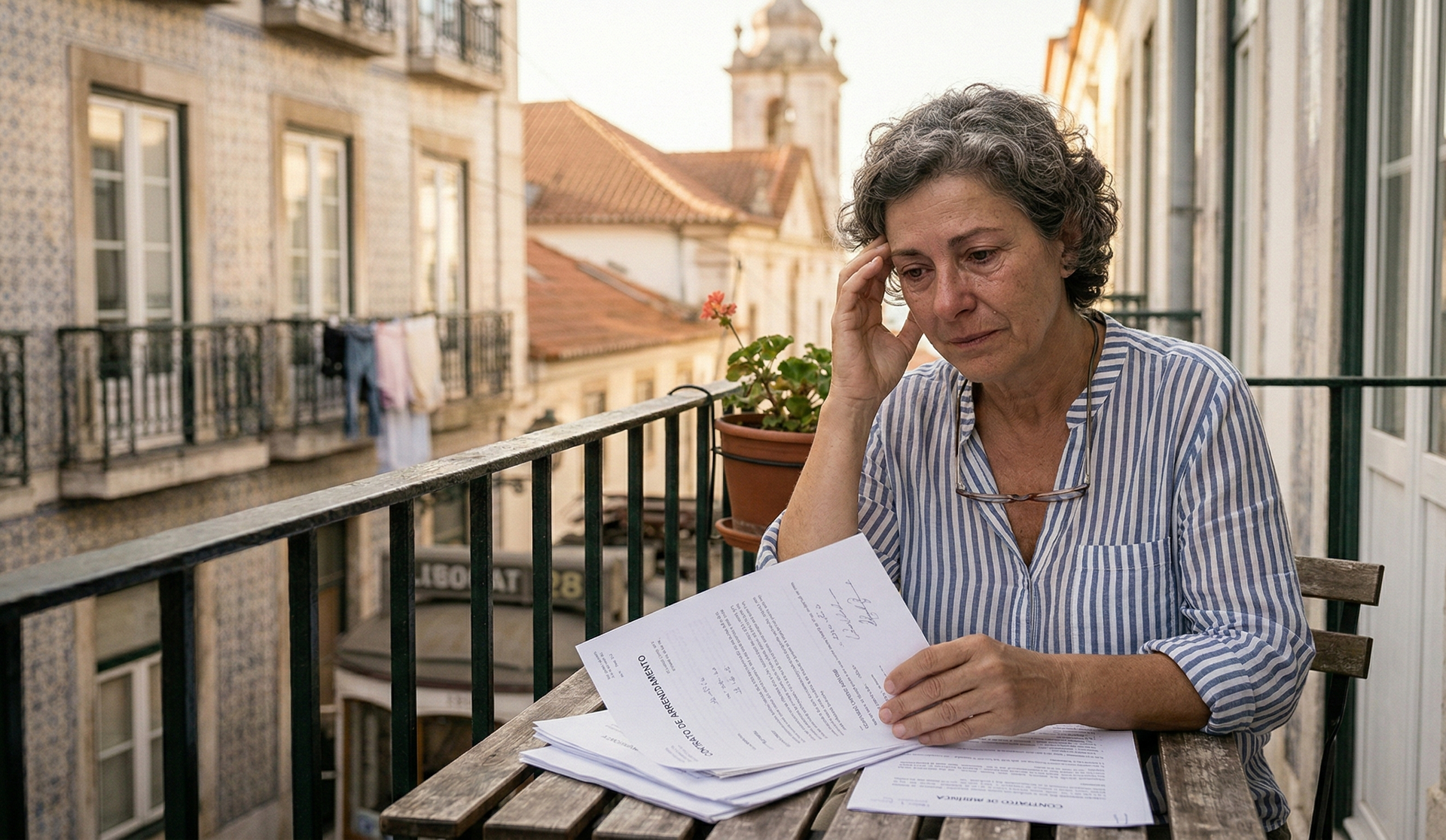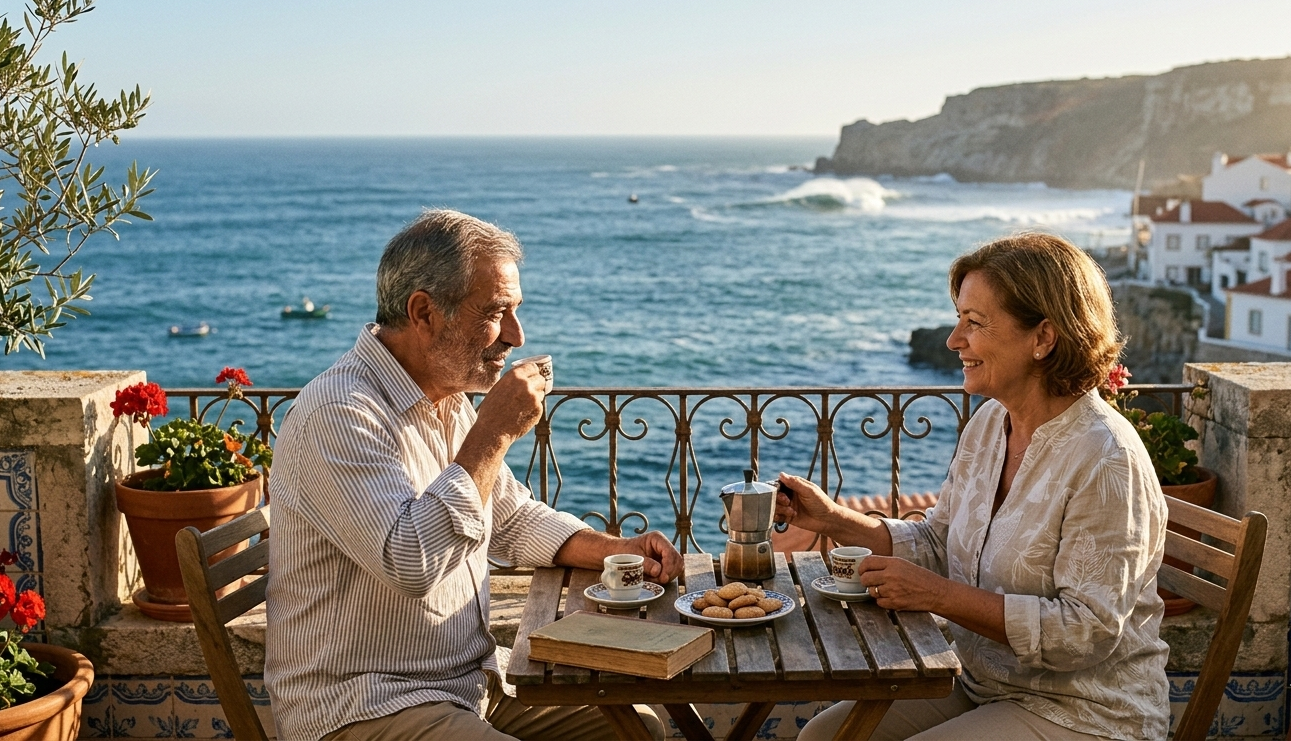Portugal ranked 6th on the Global Peace Index 2022
Annually, the Institute for Economics and Peace, a non-profit organisation based in Australia, publishes the Global Peace Index, a comprehensive ranking of the safest and most peaceful countries worldwide. This study includes 163 independent countries and territories, and it measures 23 indicators grouped into three distinct categories:
- Militarisation
- Security and Protection
- Domestic and International Conflicts.
In addition to ranking the most peaceful and safe countries, the Global Peace Index also assesses the most hazardous countries in the world, based on the various factors that contribute to the overall ranking. According to this analysis, the 20 most peaceful countries in the world, where residents enjoy a high level of safety and security, alternate positions, with Portugal retaining its 6th position for the second year in a row, while Iceland continues to lead the list for more than a decade.
Top 10 most peaceful countries in the world
- Iceland
- New Zealand
- Ireland
- Denmark
- Austria
- Portugal
- Slovenia
- Czech Republic
- Singapore
- Japan
Despite ranking Portugal as the 6th most peaceful country out of the 163 studied, the Institute for Economics and Peace highlights the nation's demographic challenges, noting that "Portugal stands out from most other European countries due to its declining population and its efforts to attract more immigrants."
According to the report, Portugal's population is projected to decrease to 9,877 by 2030 and 8,944,594 by 2050, indicating a demographic challenge that the country must face in the coming years. Nevertheless, the Institute for Economics and Peace still considers Portugal as a peaceful, secure (equivalent to low crime rates), and well-organised nation, outranking other countries such as Japan, Canada, Switzerland, and Norway based on its ability to resolve both domestic and international conflicts.










